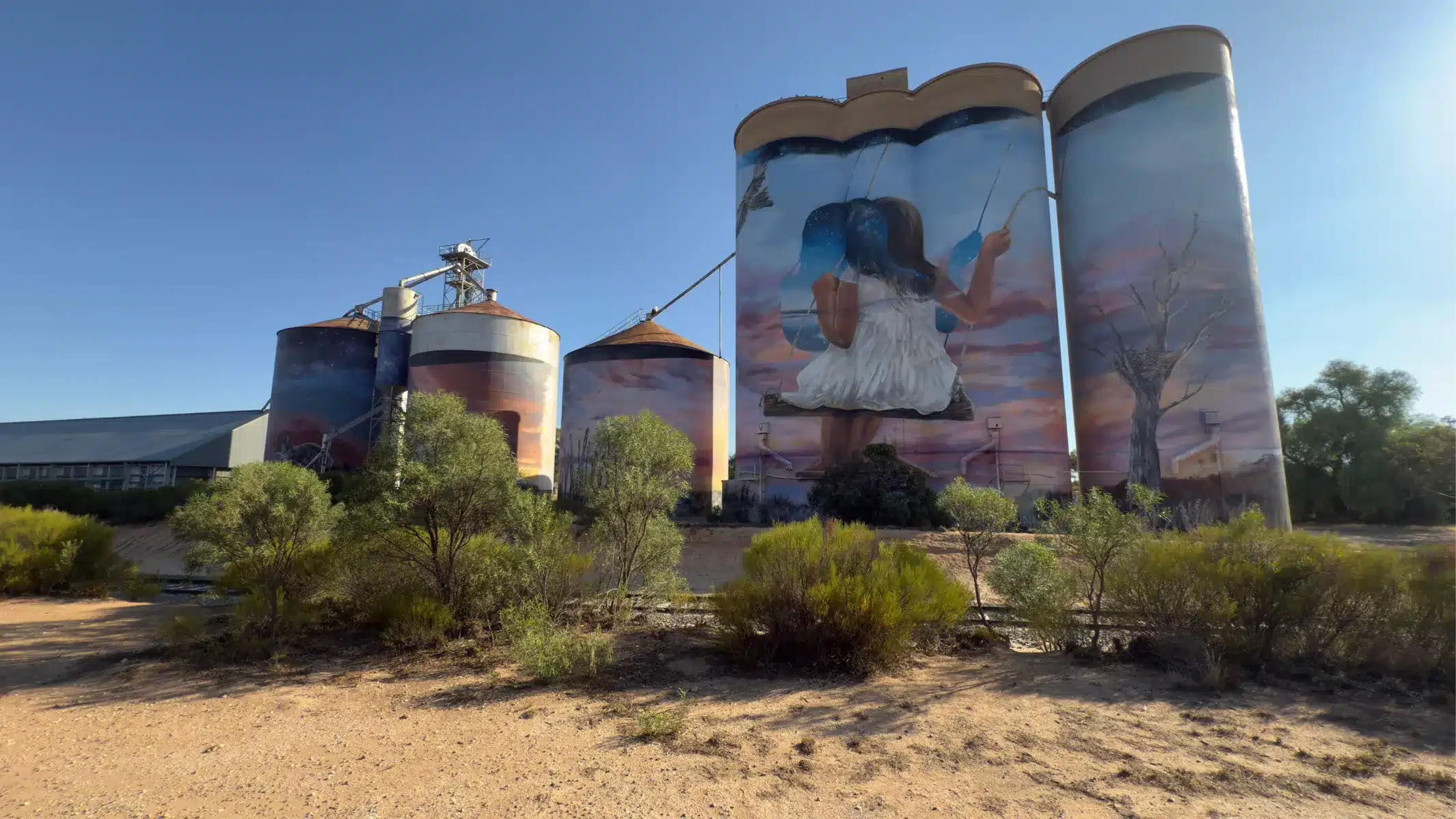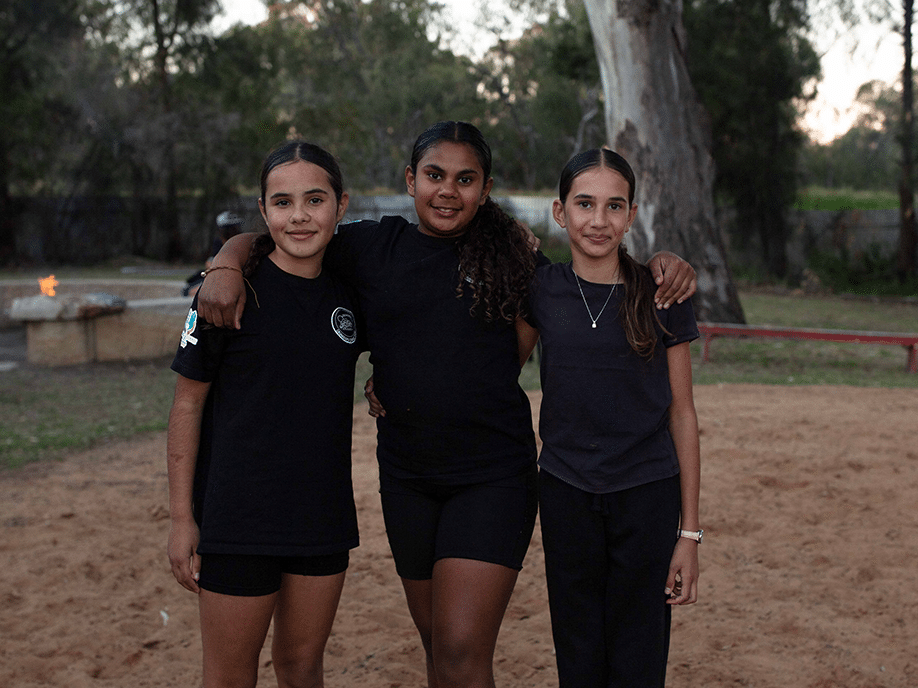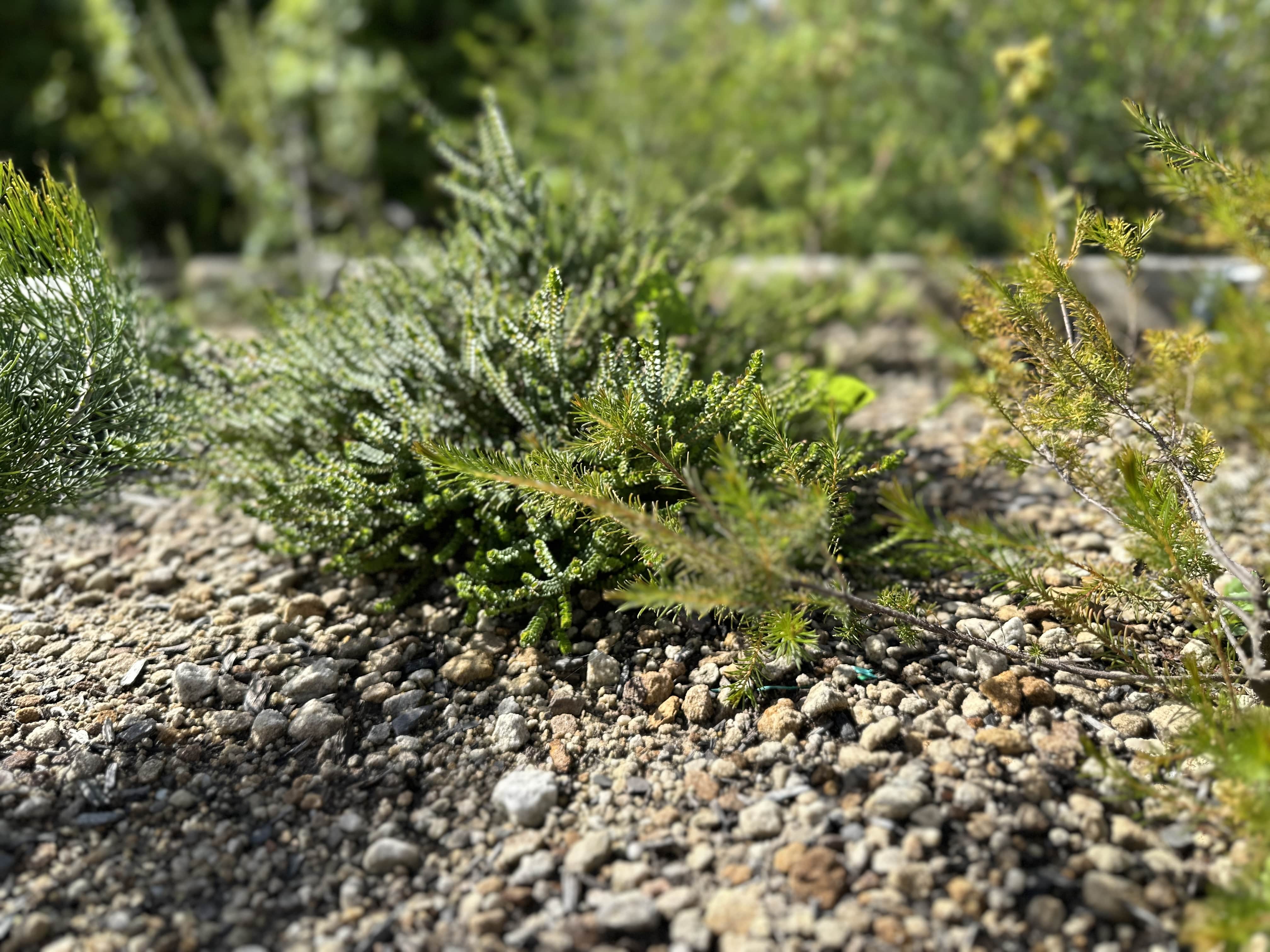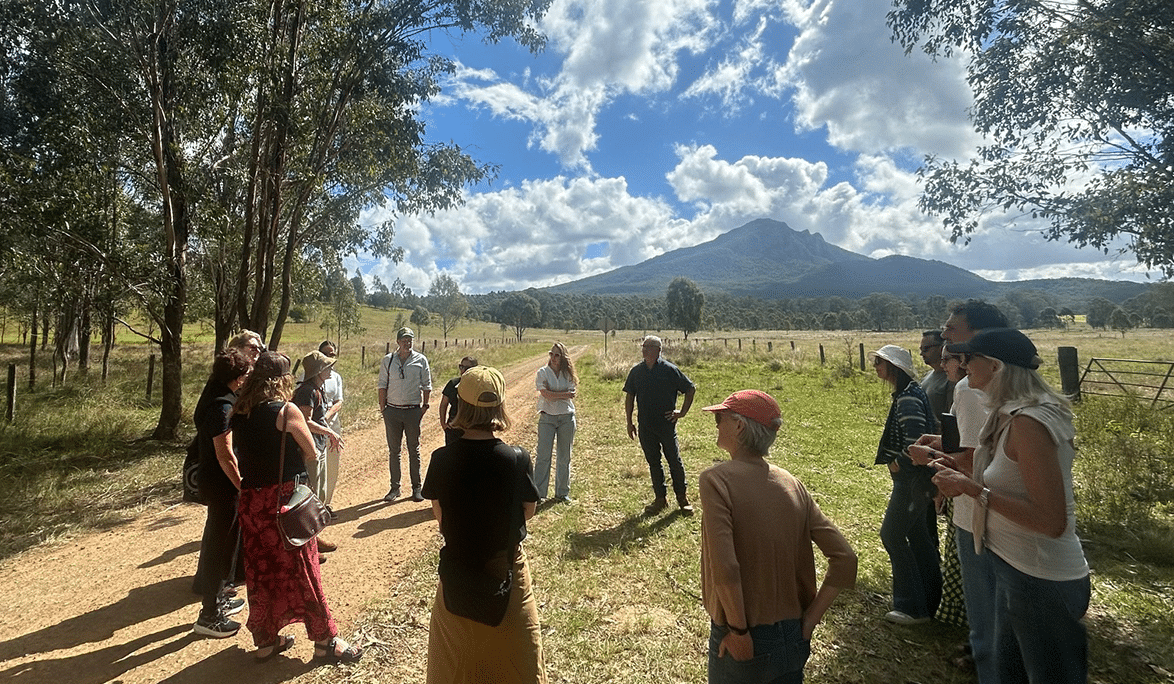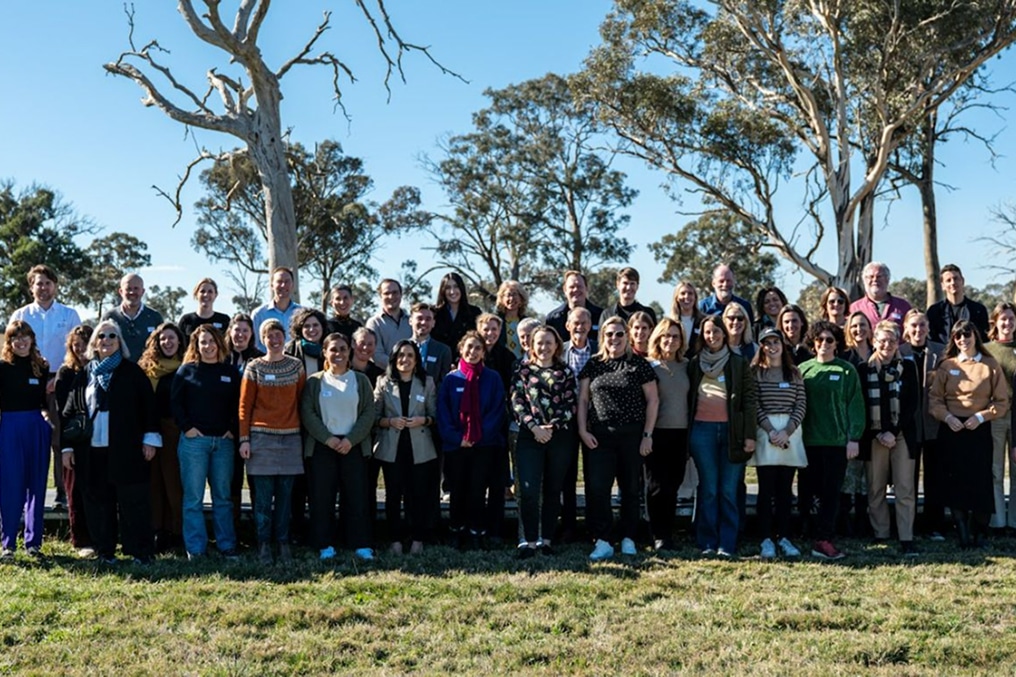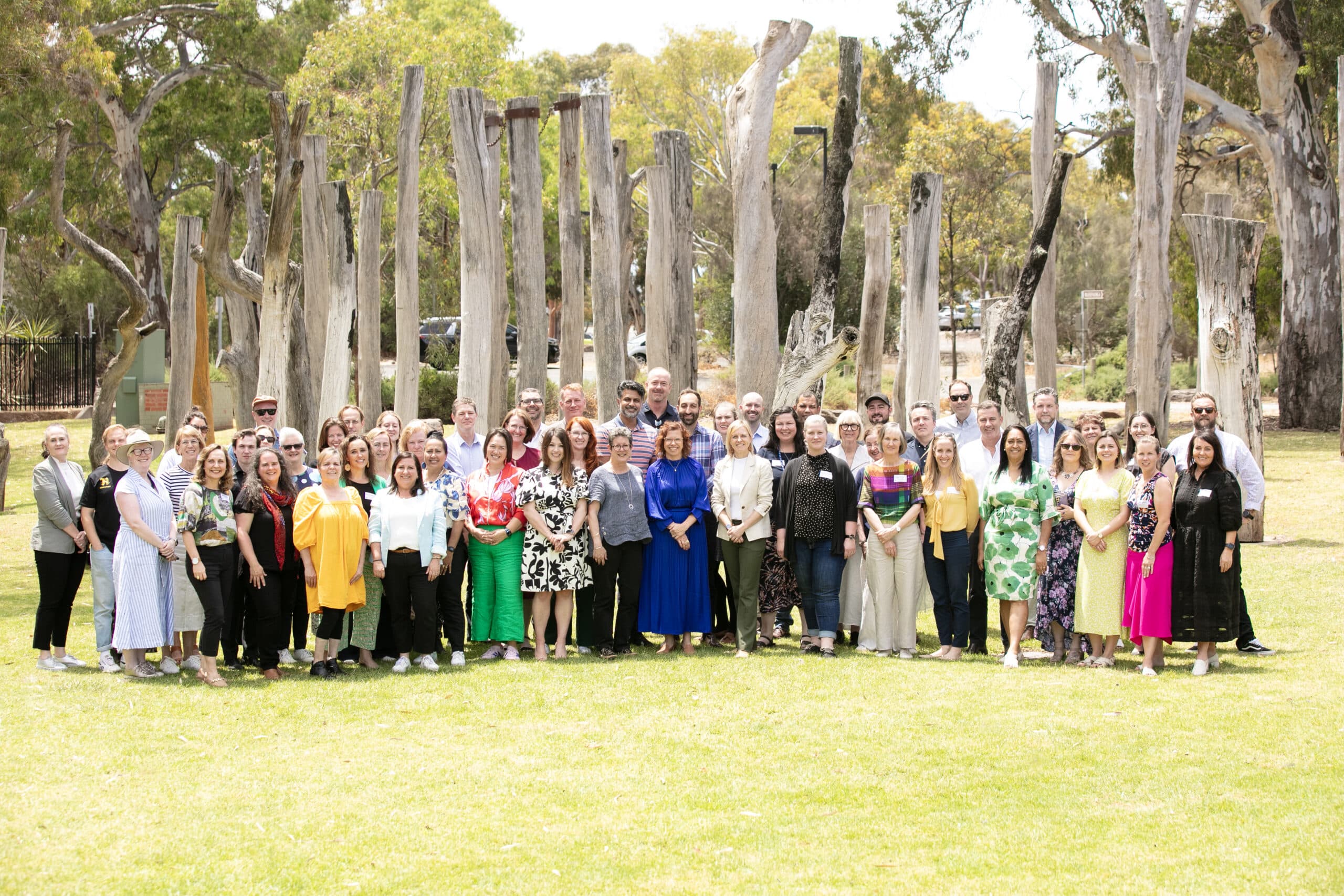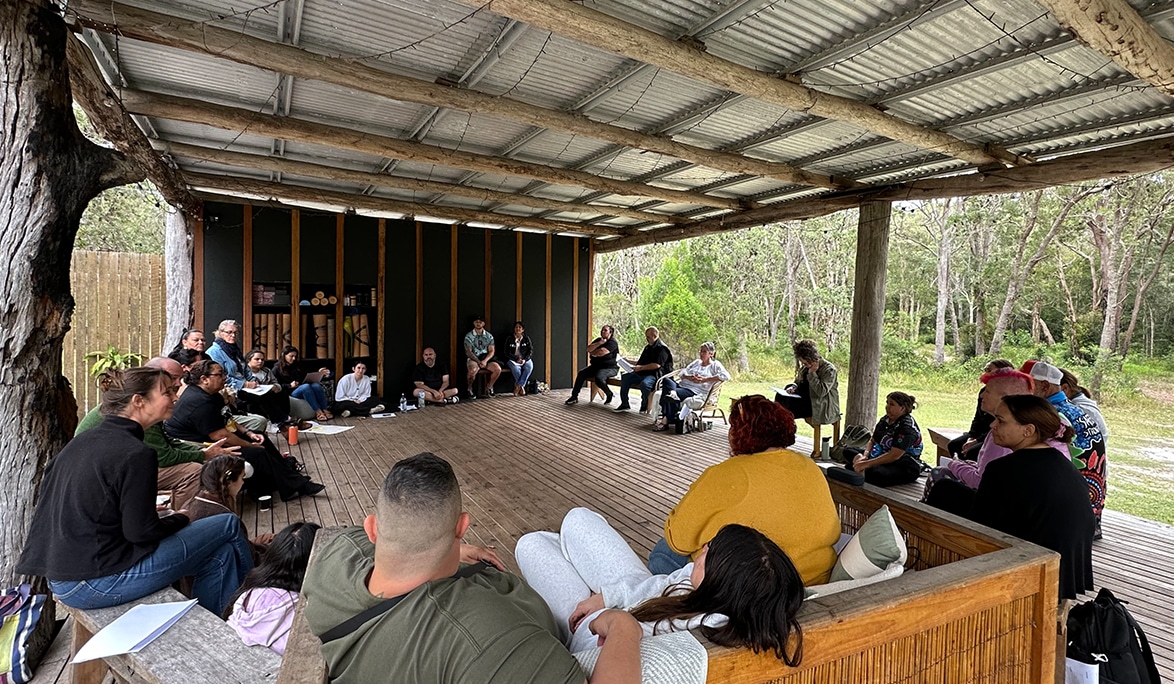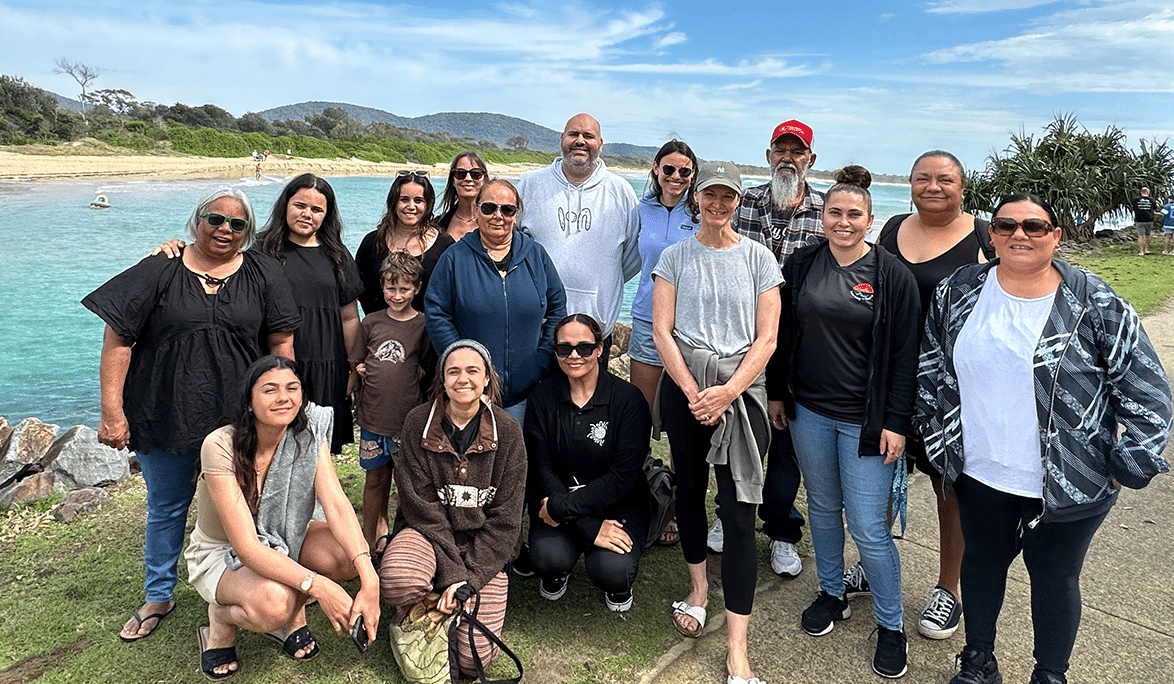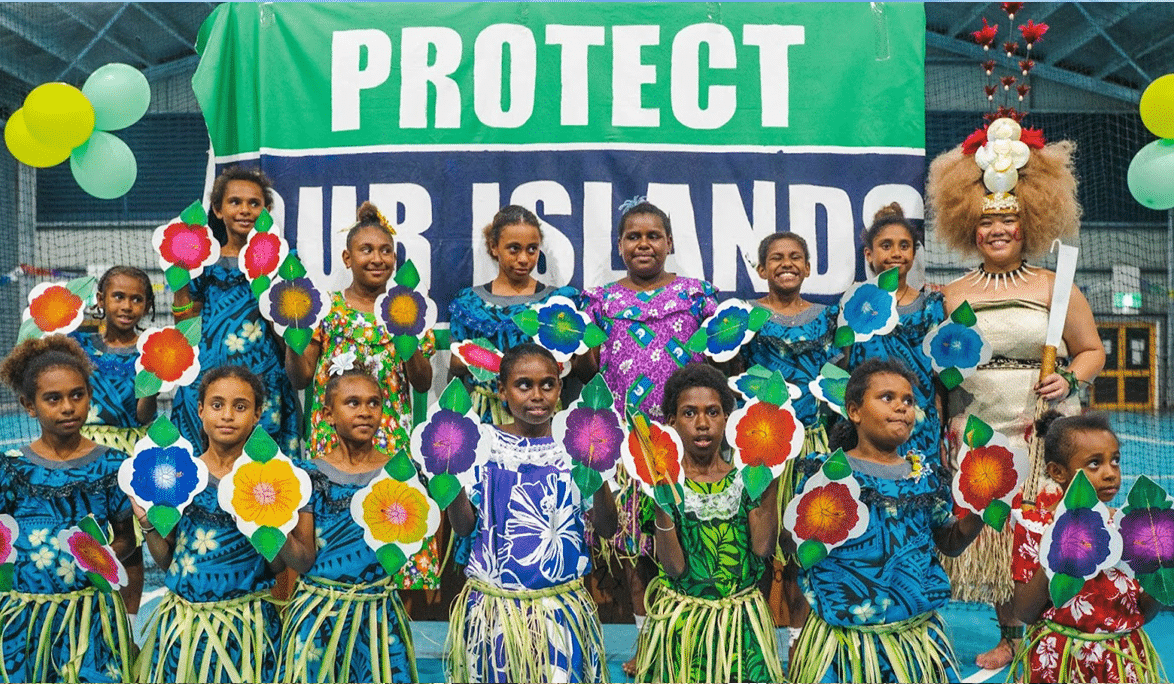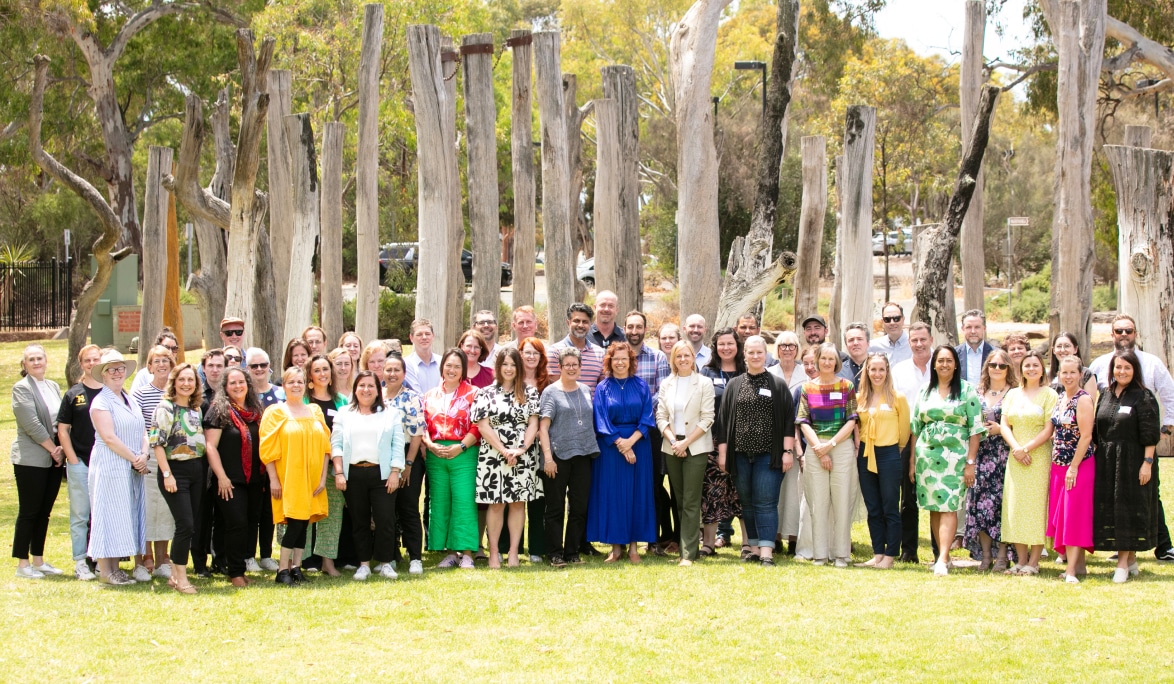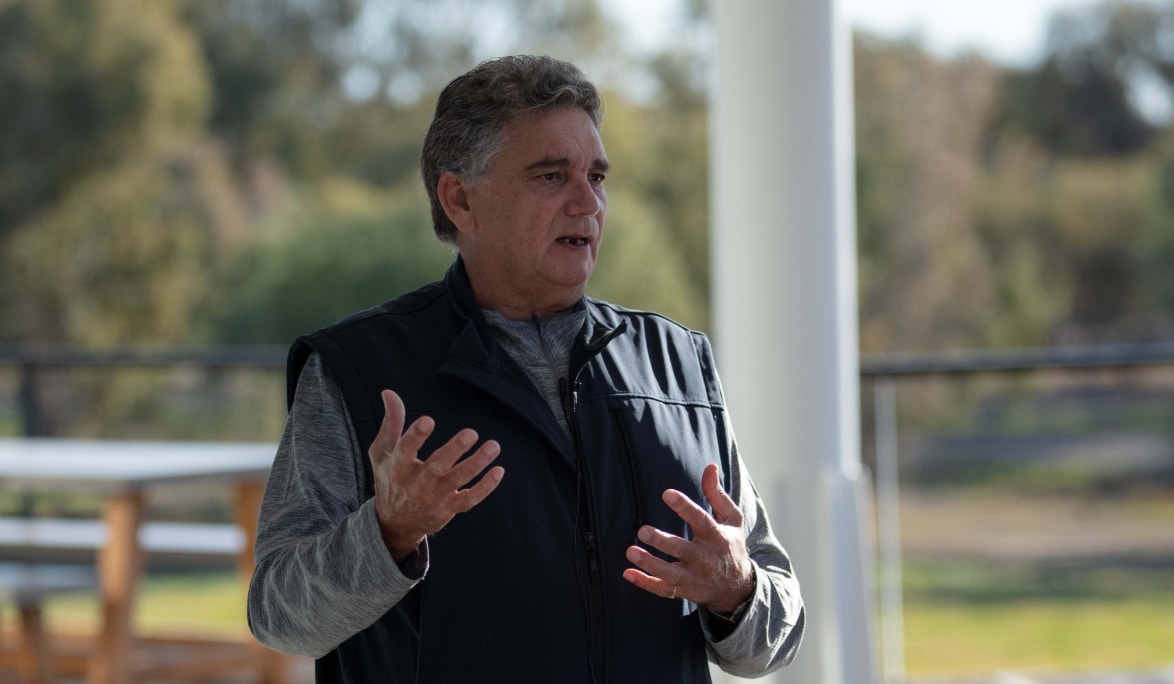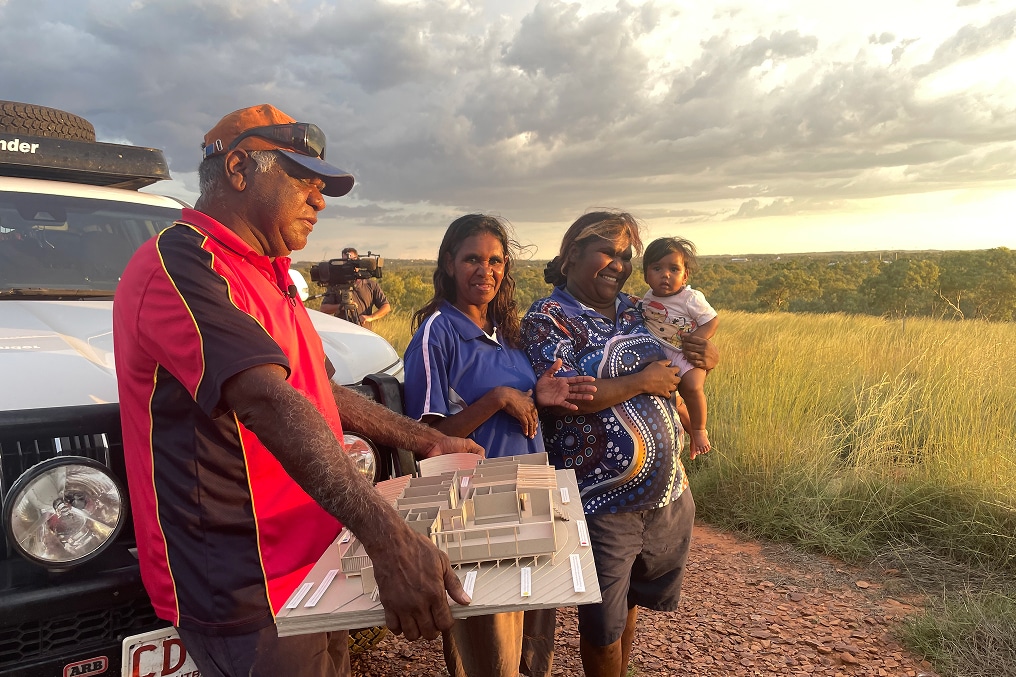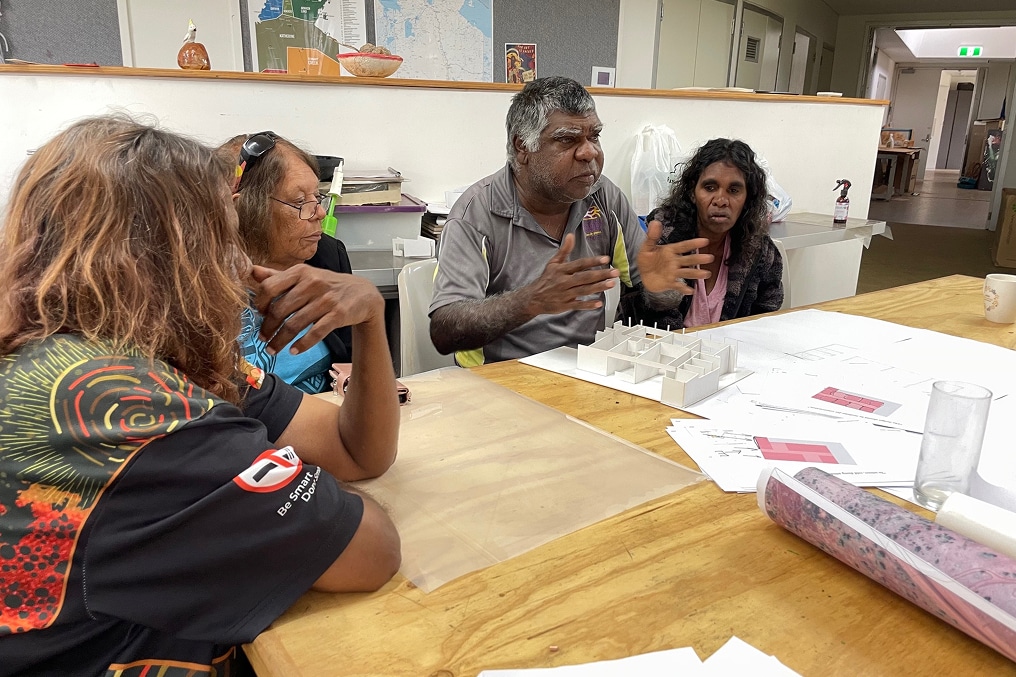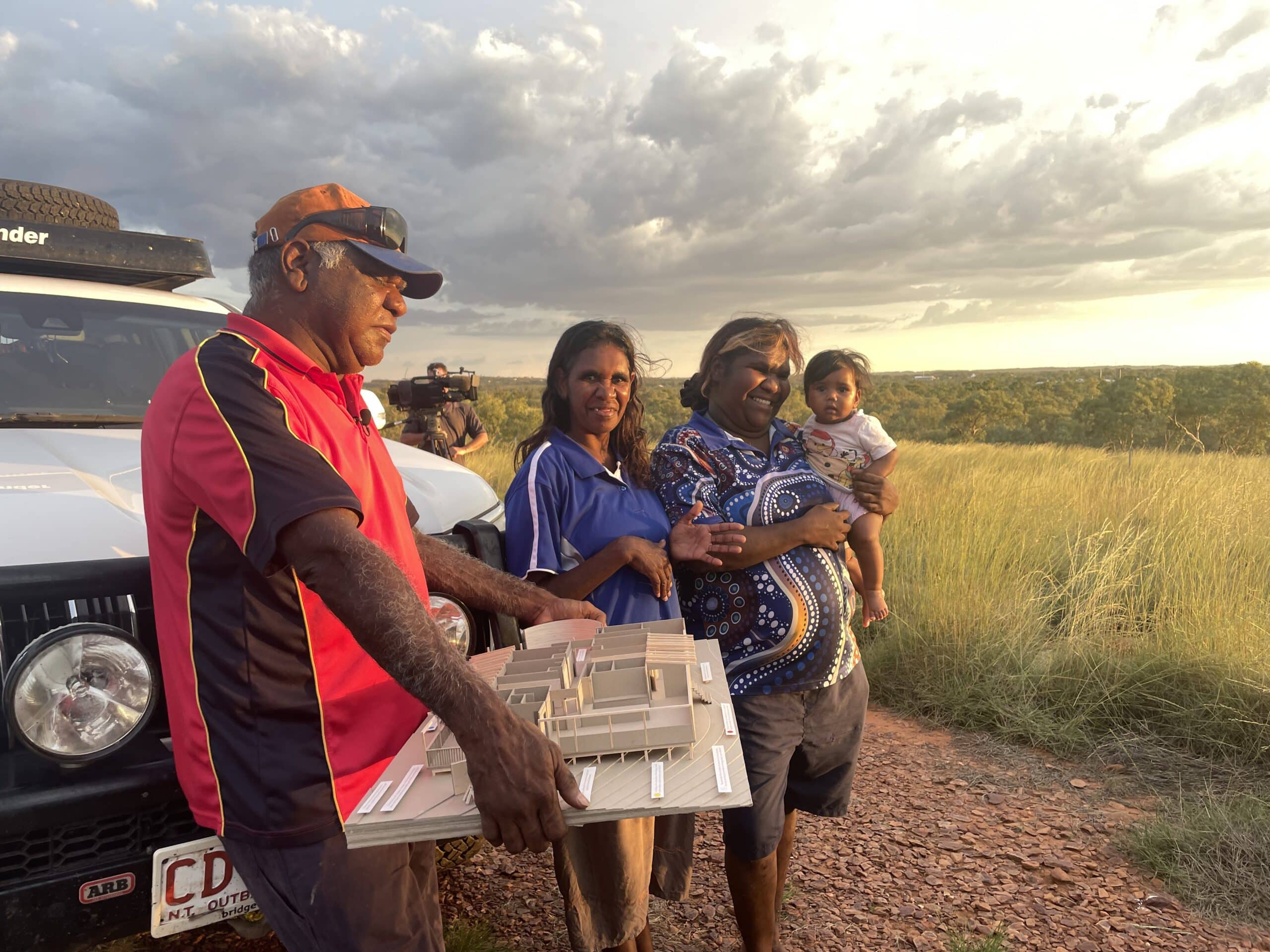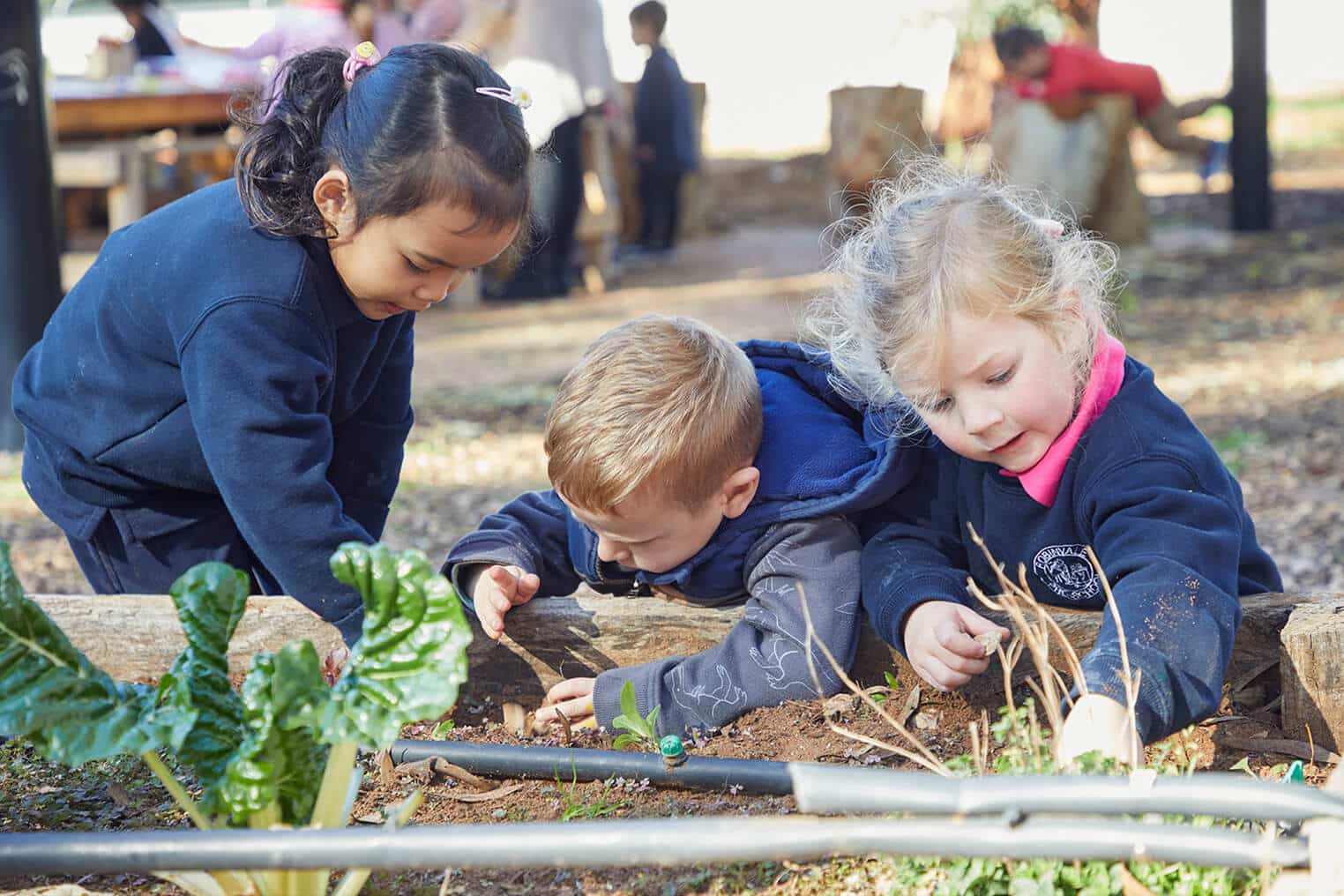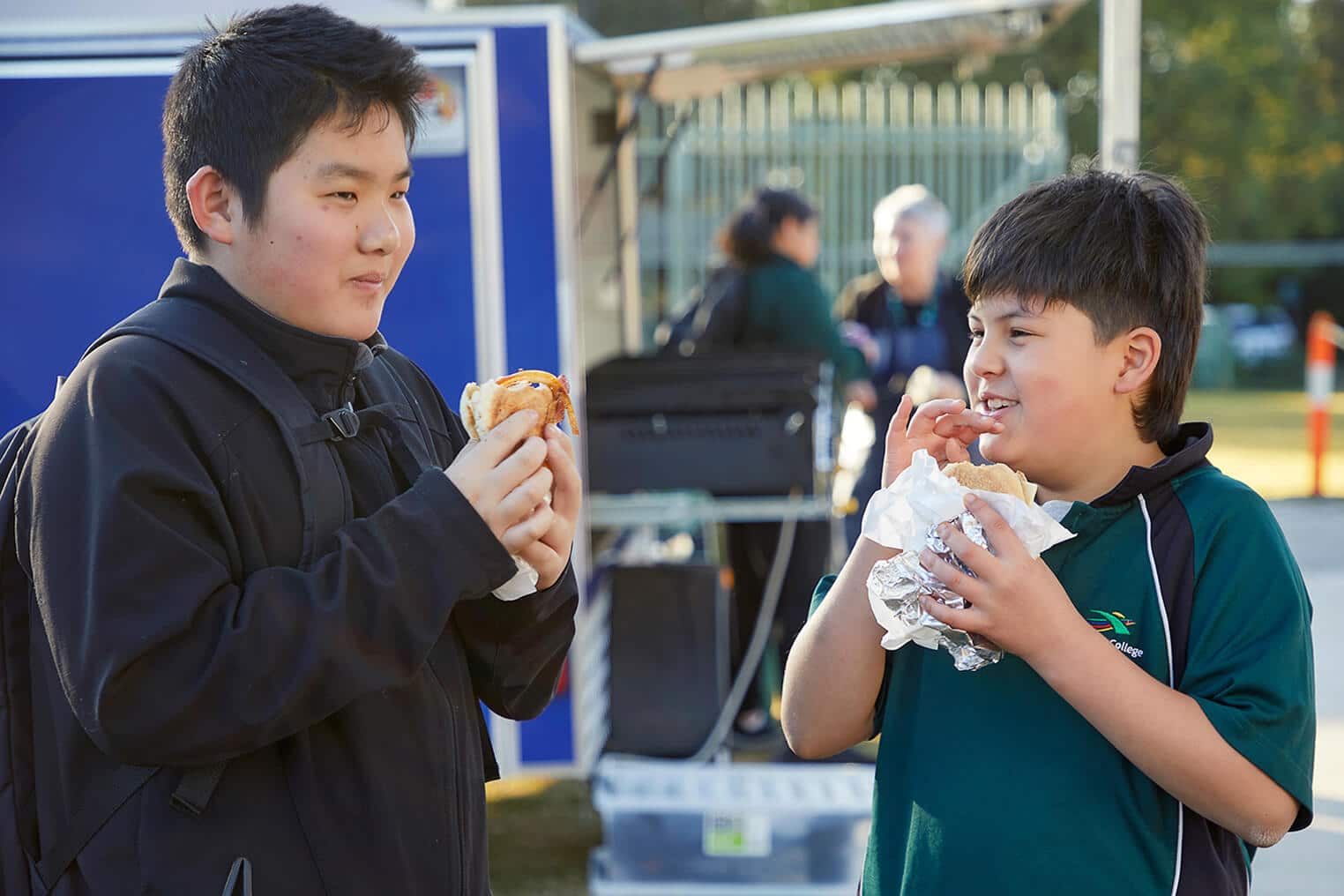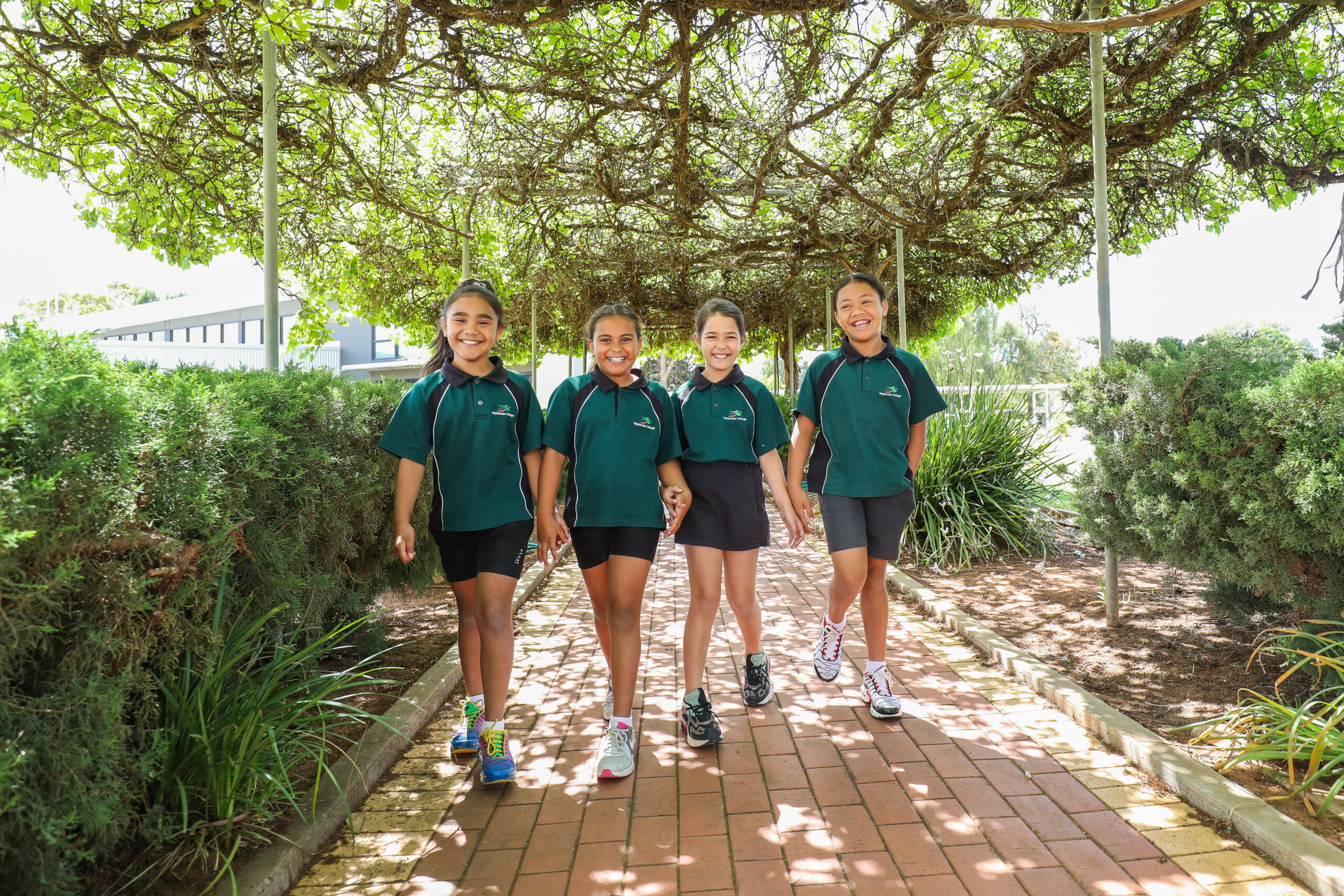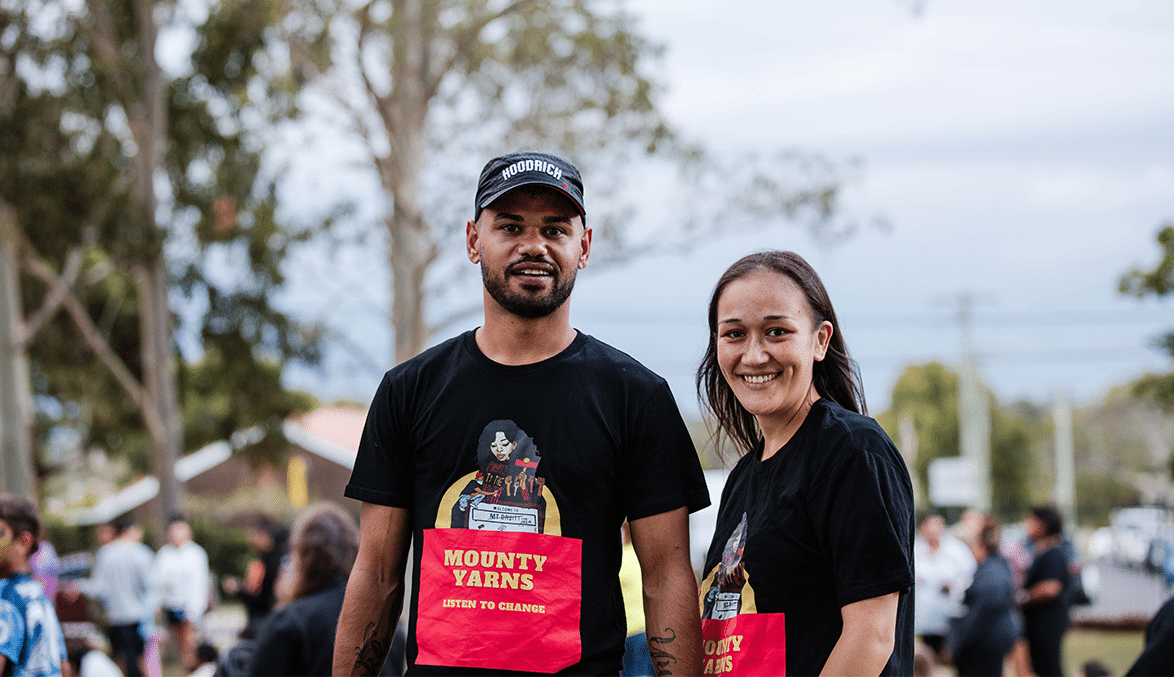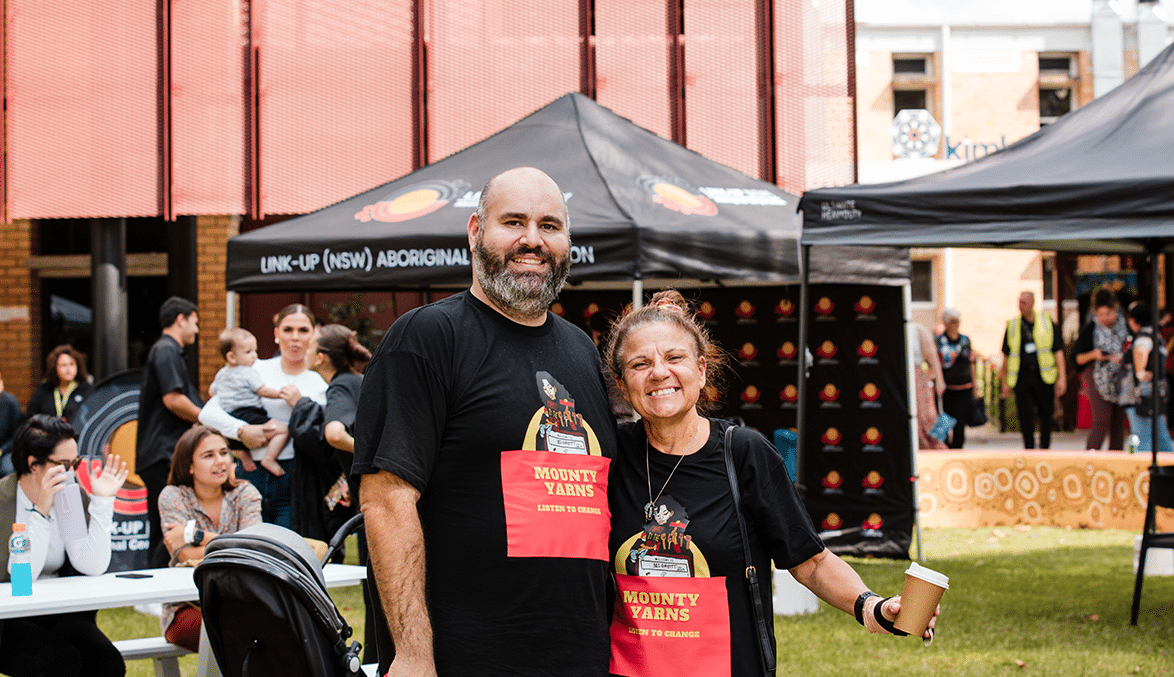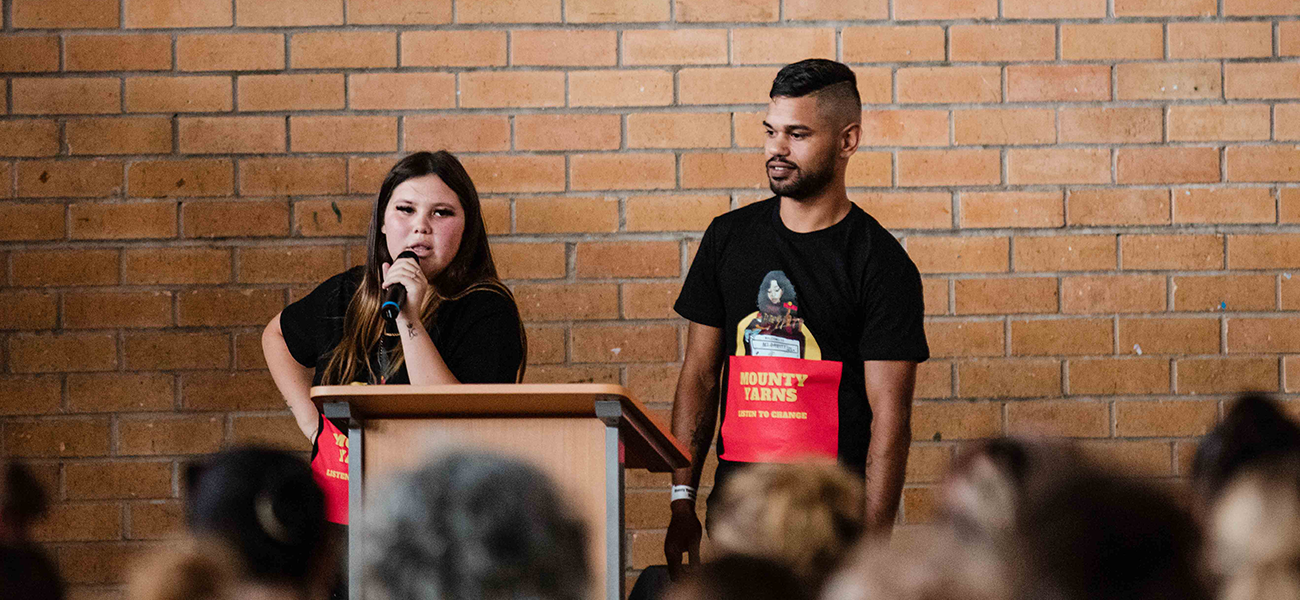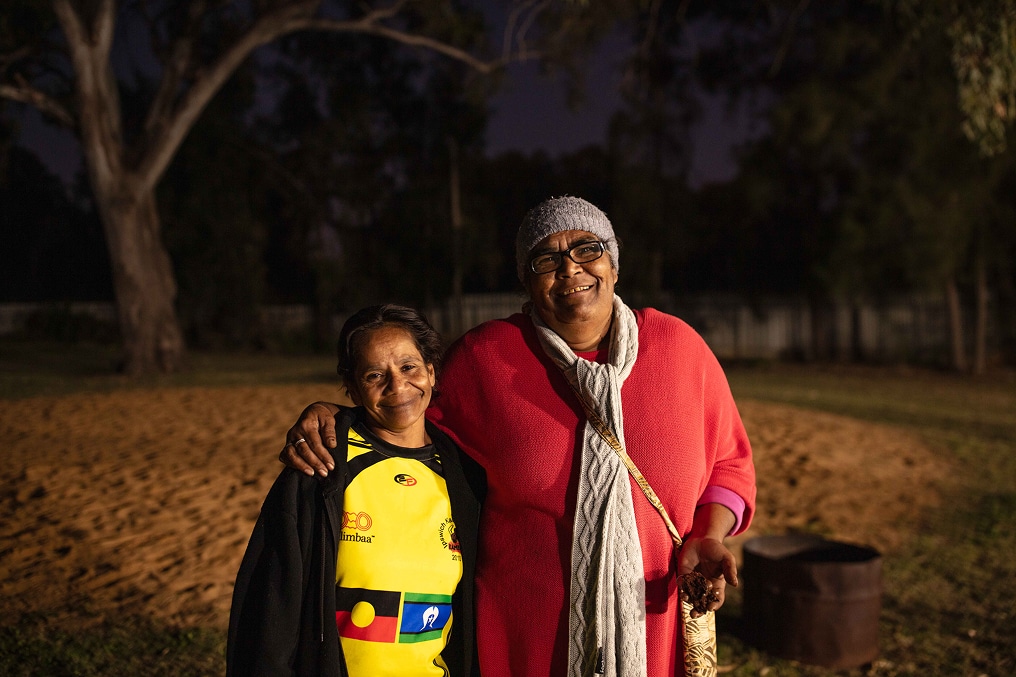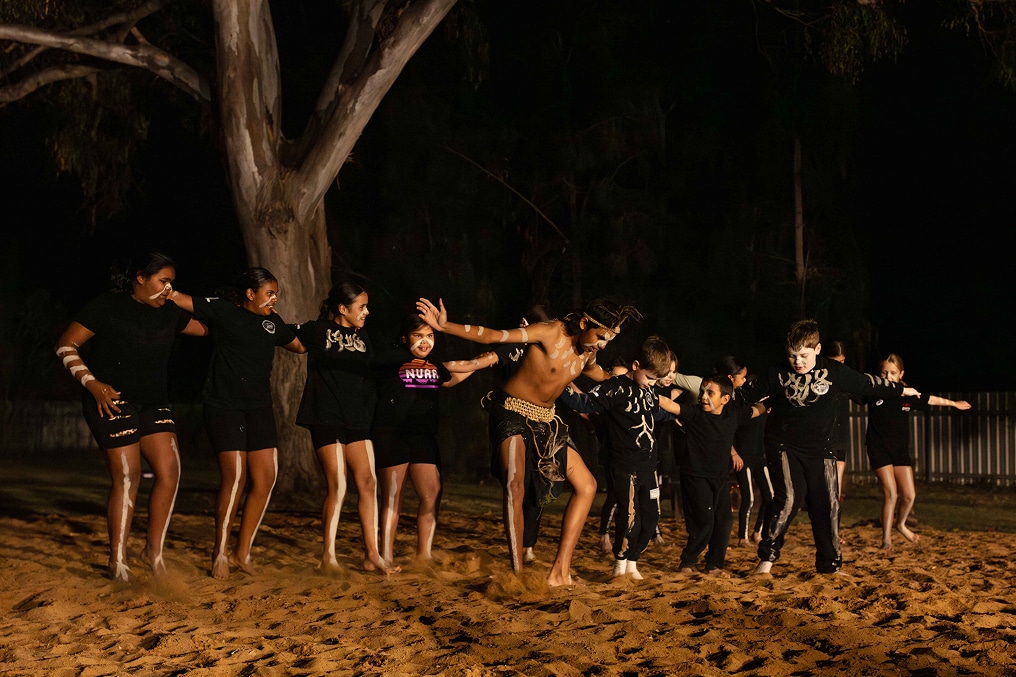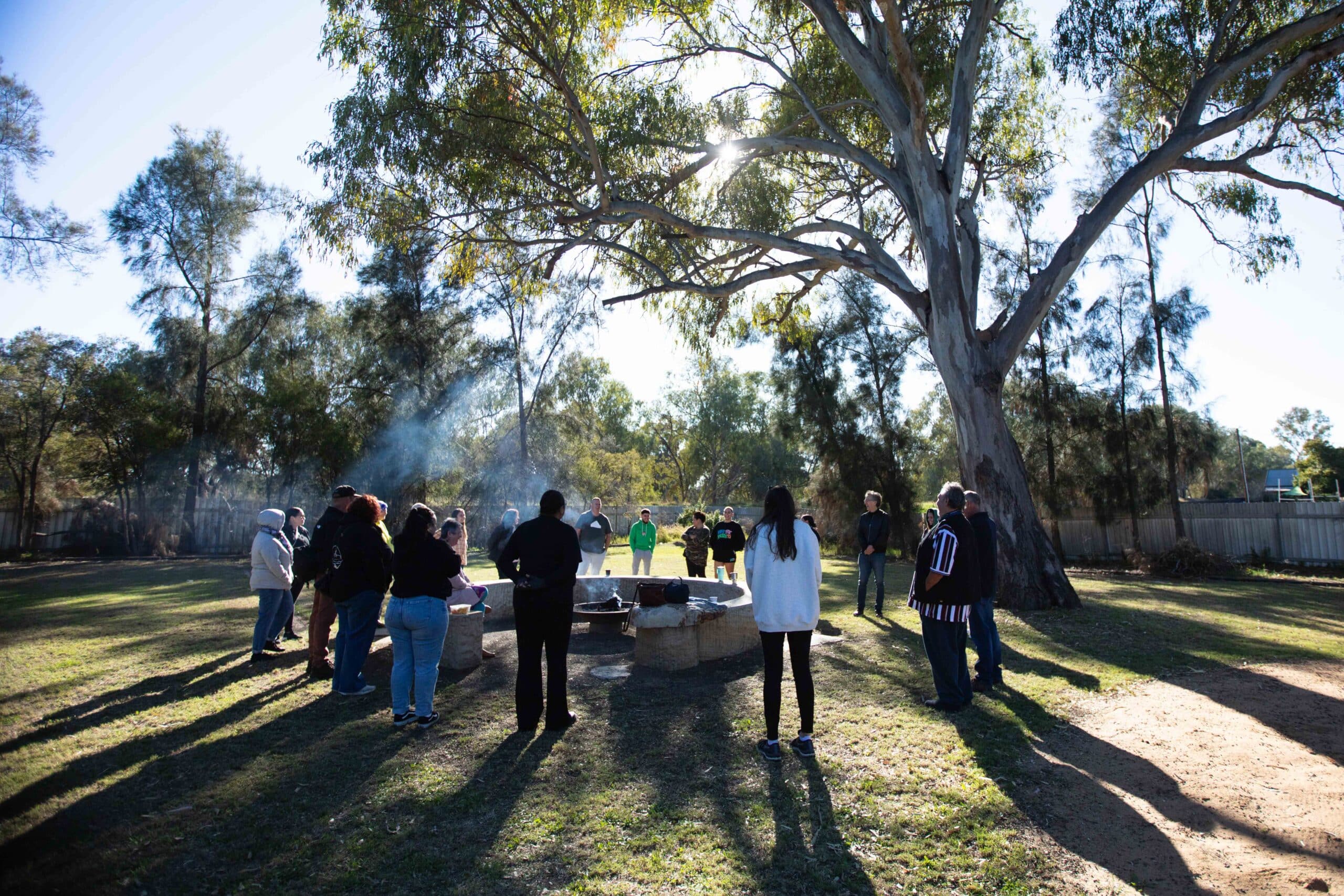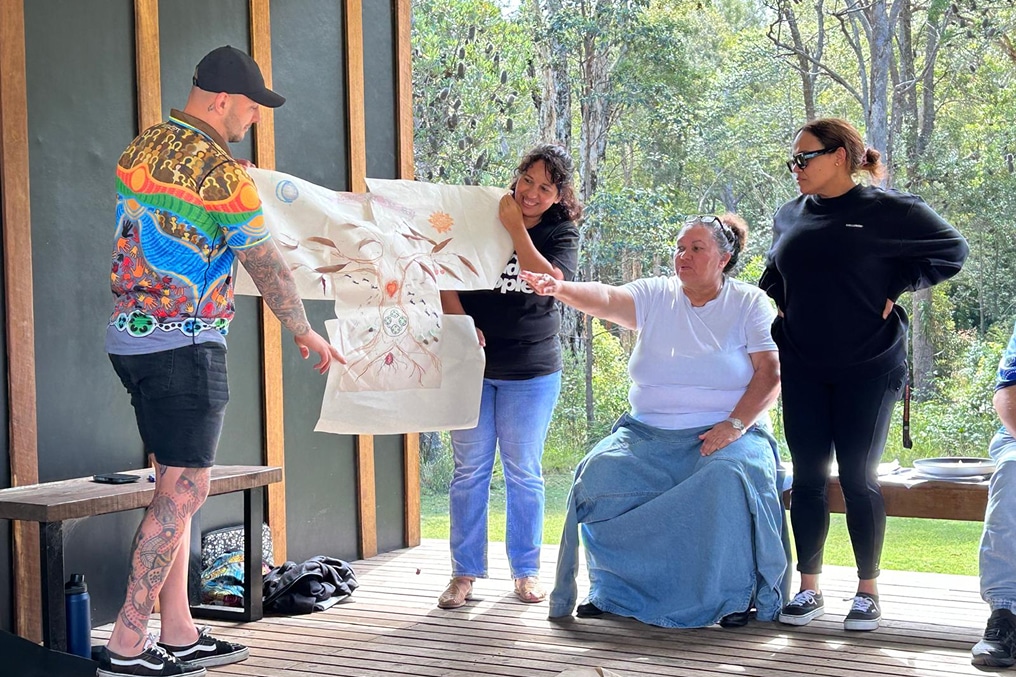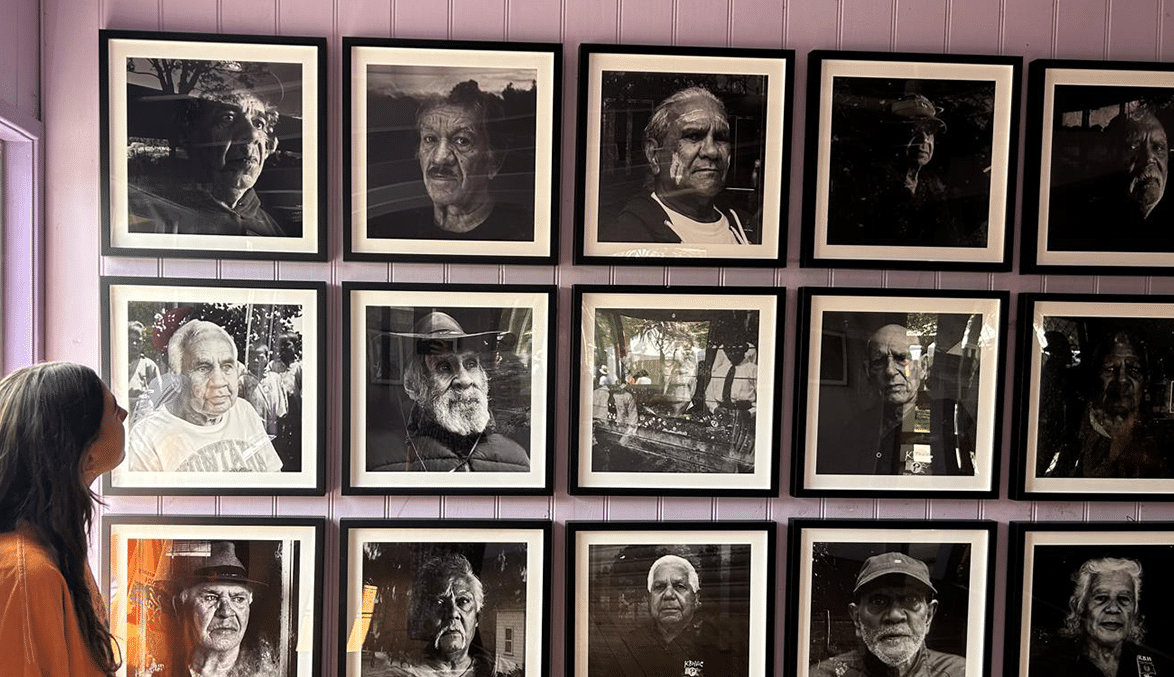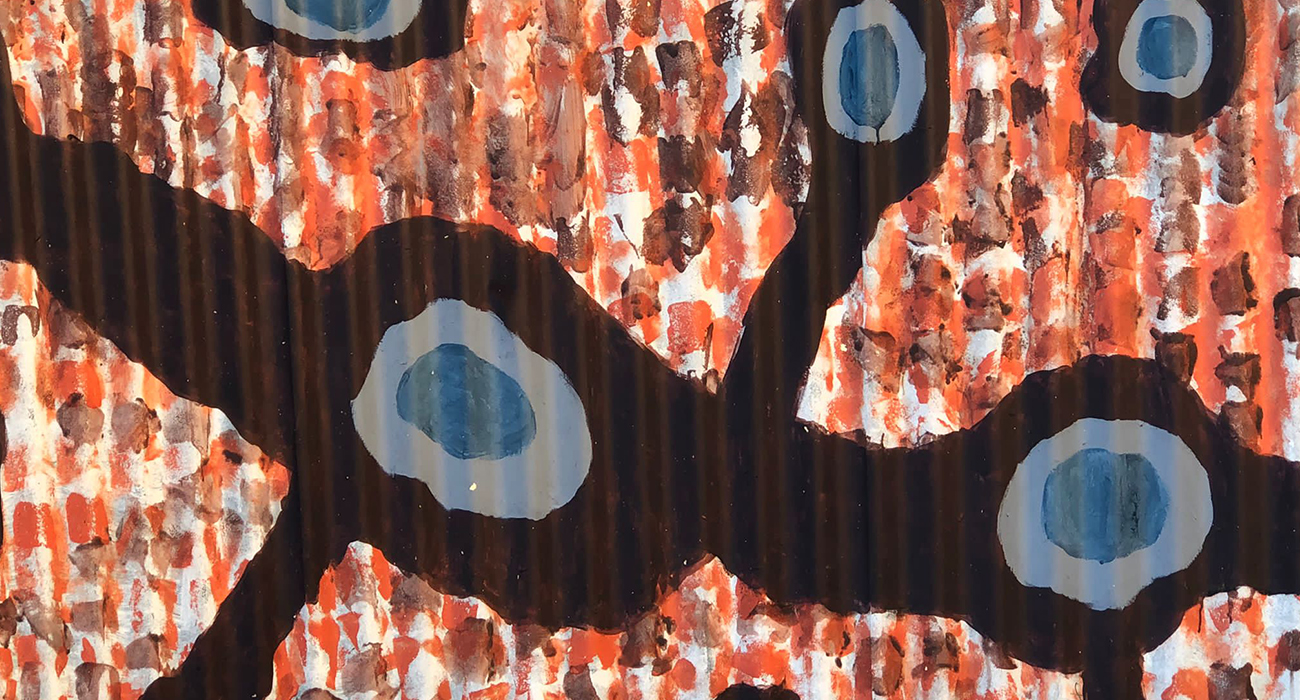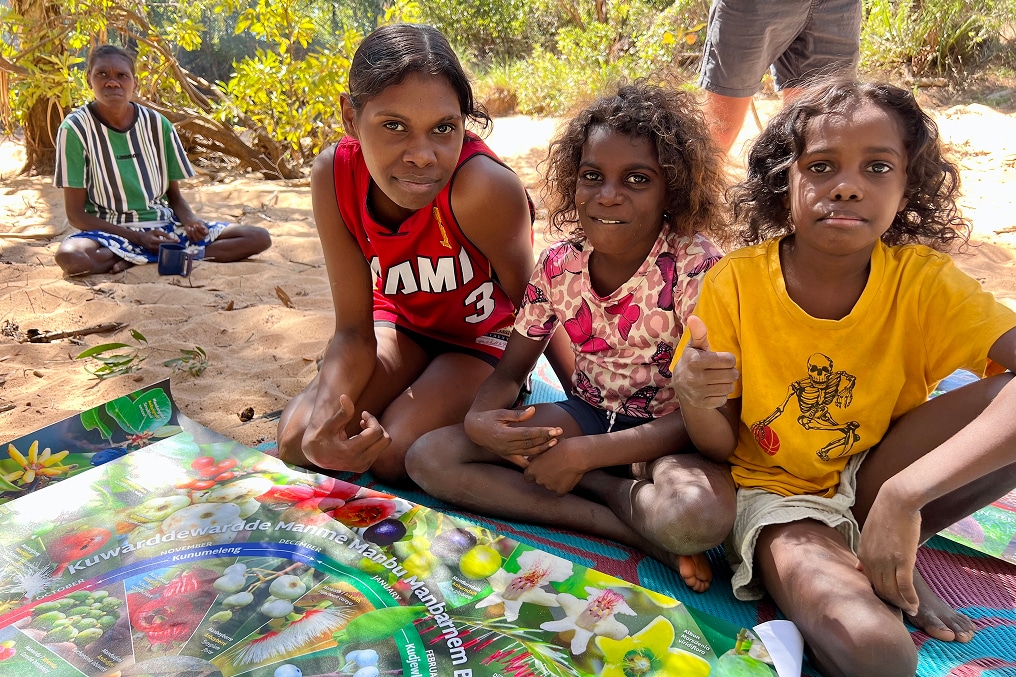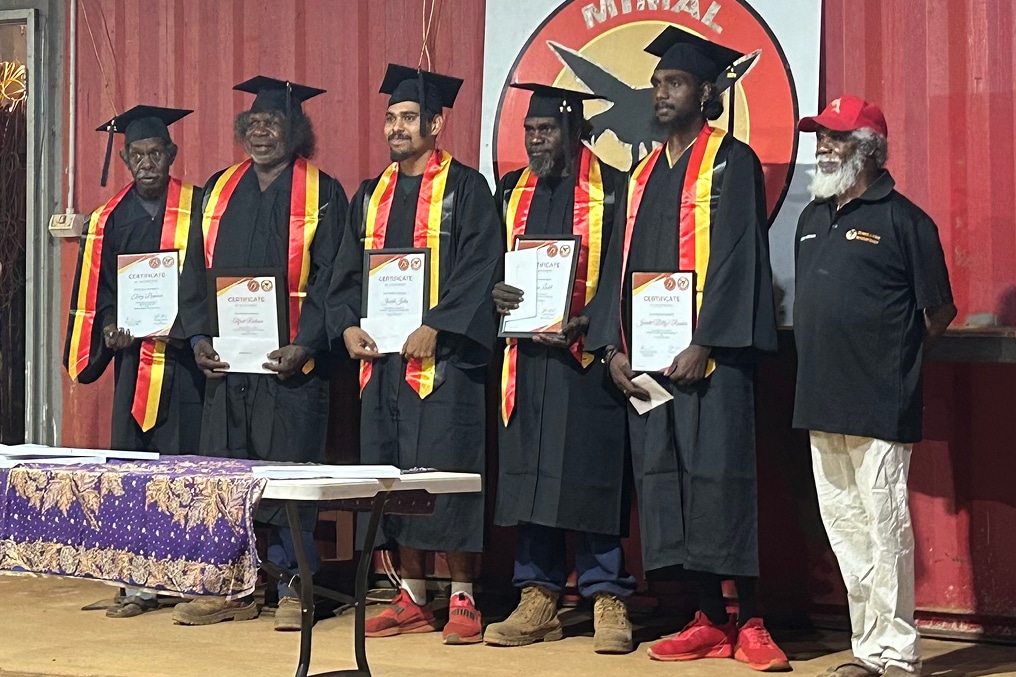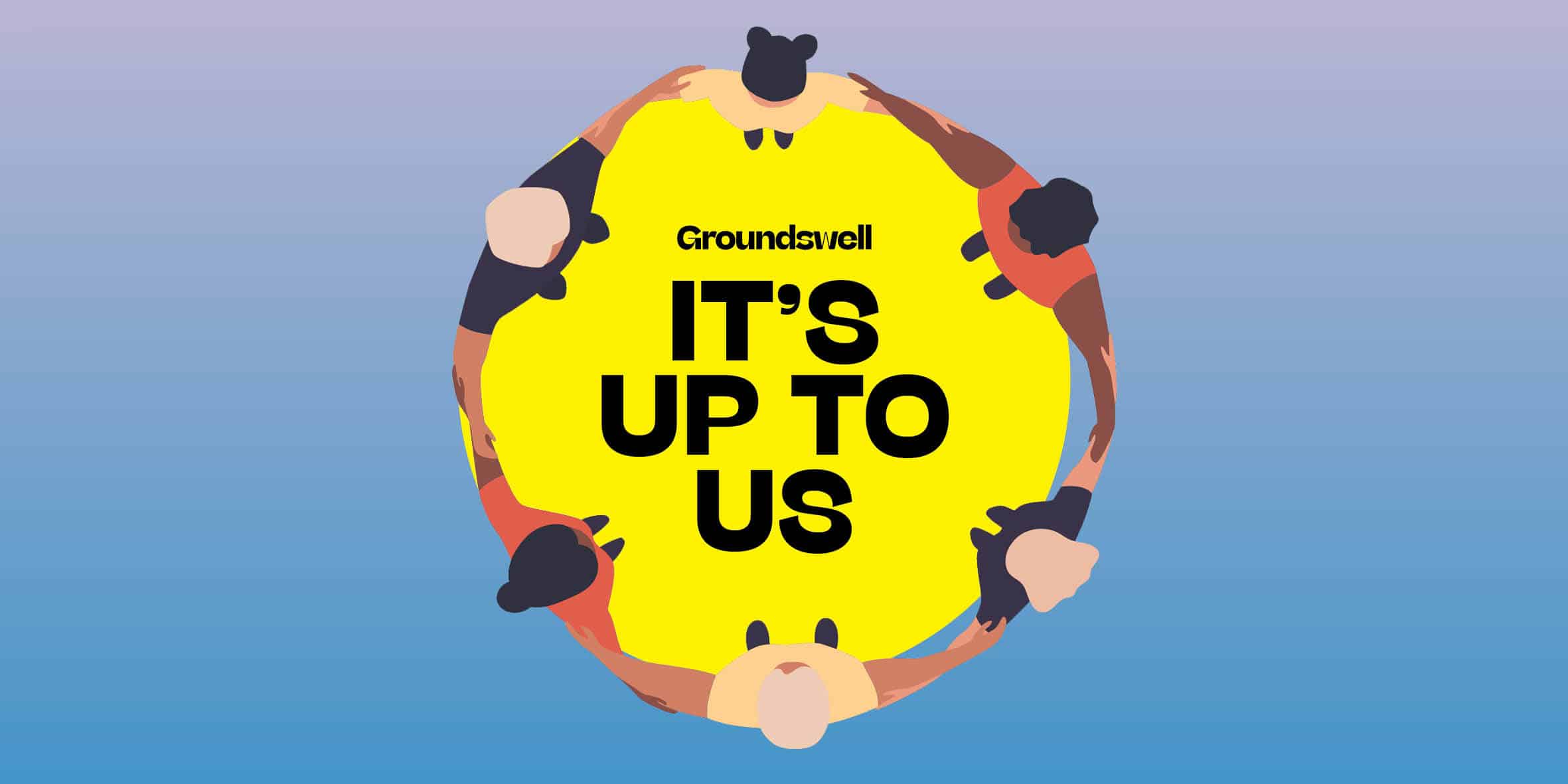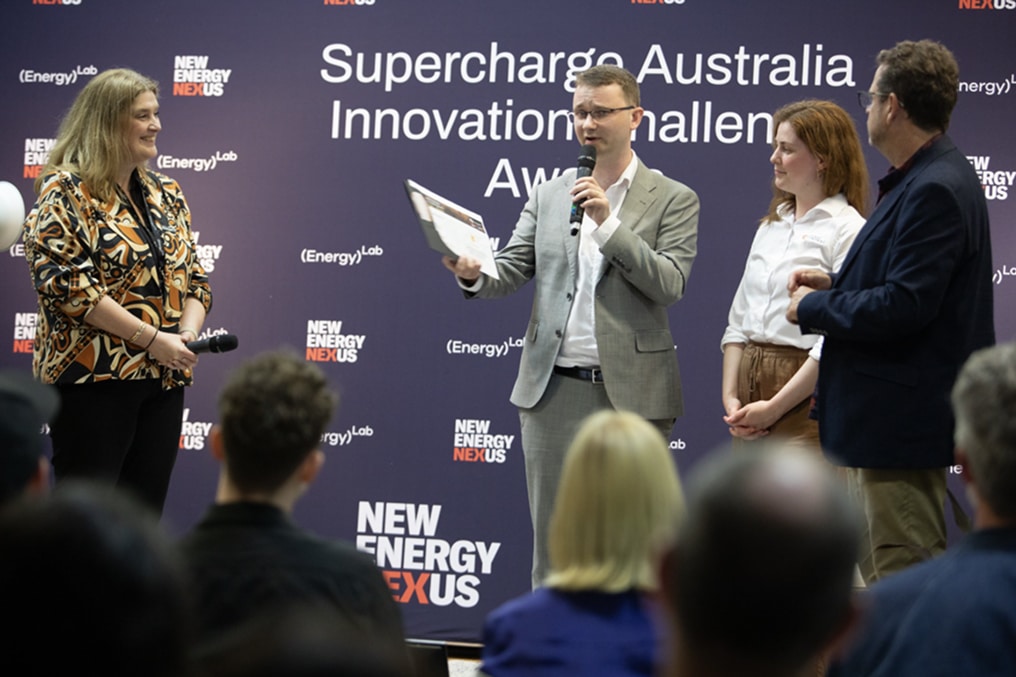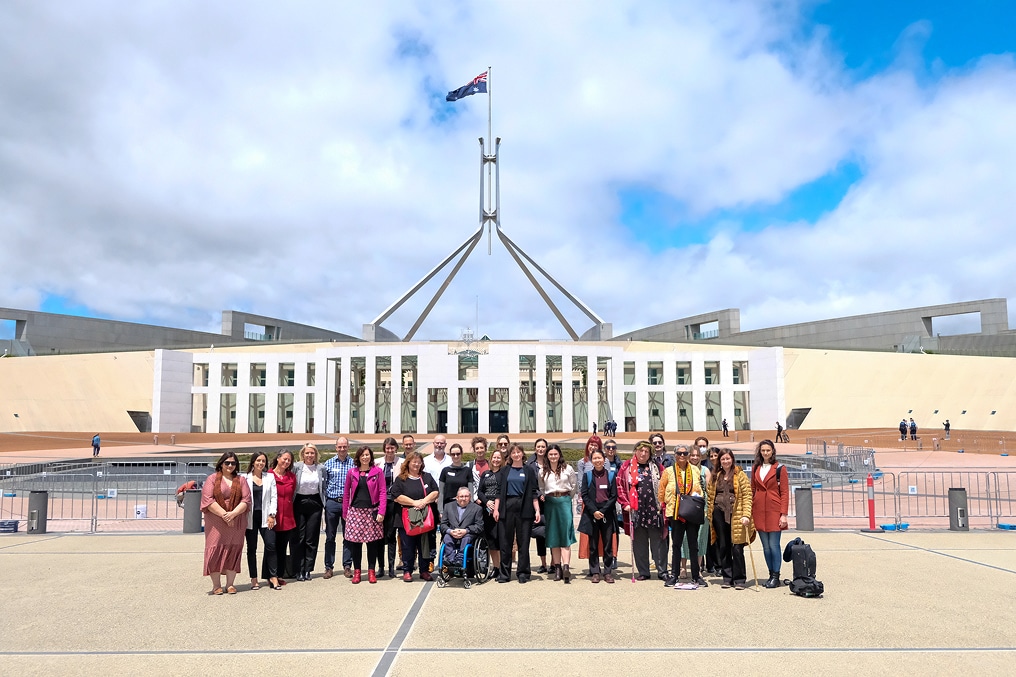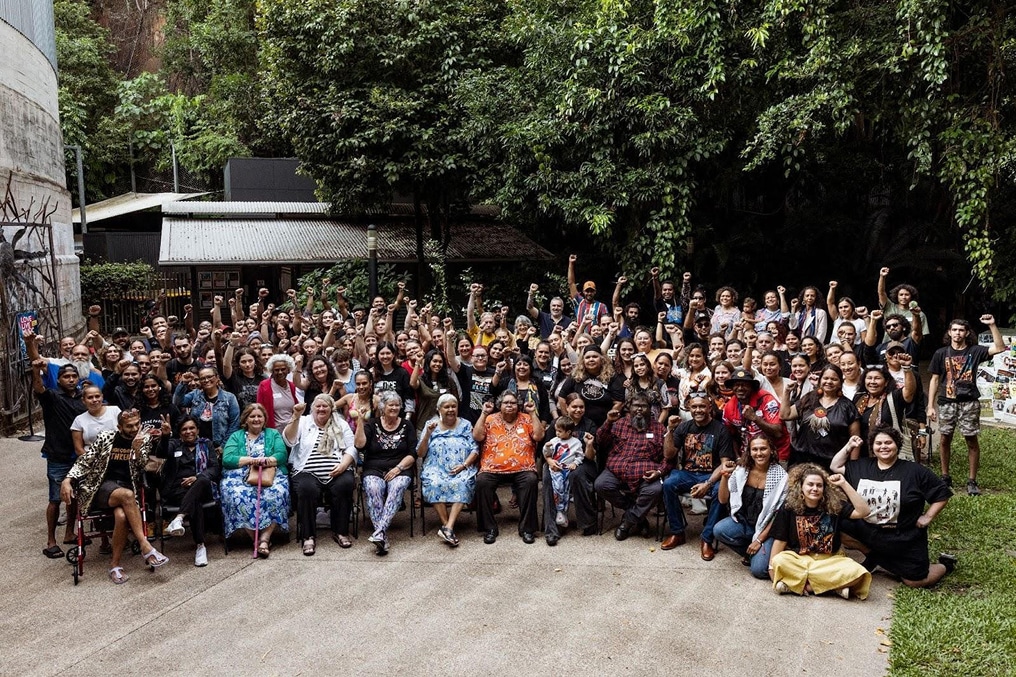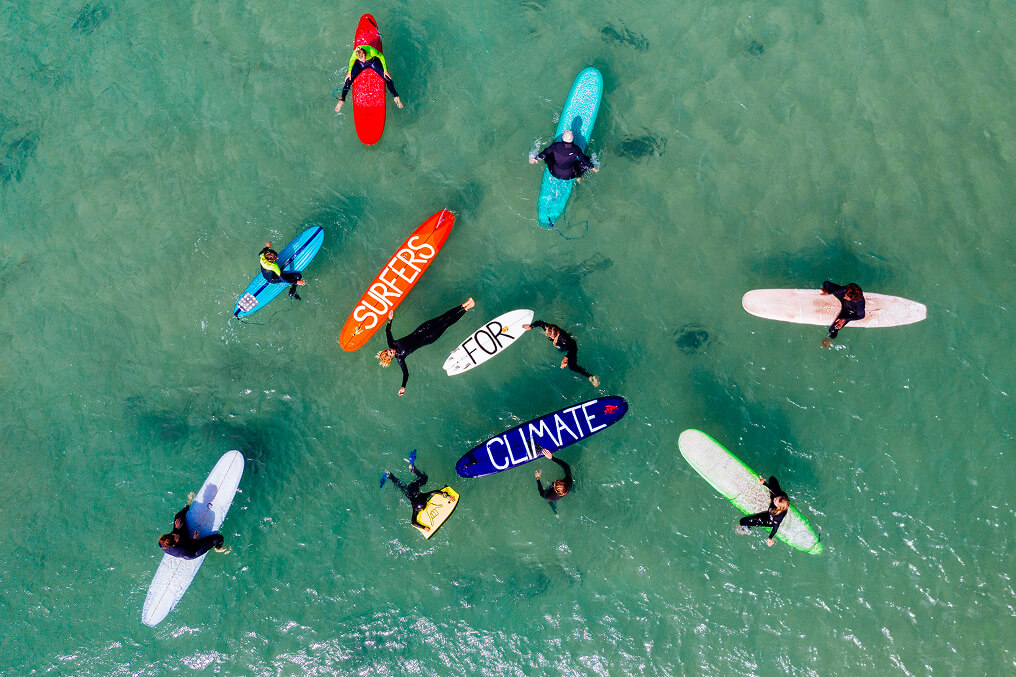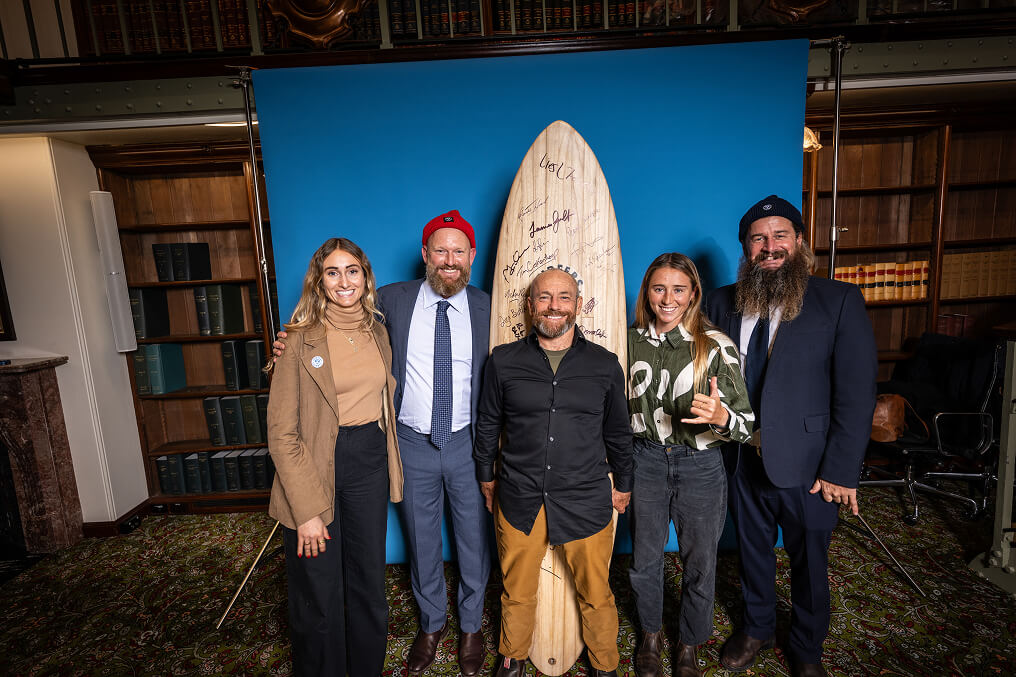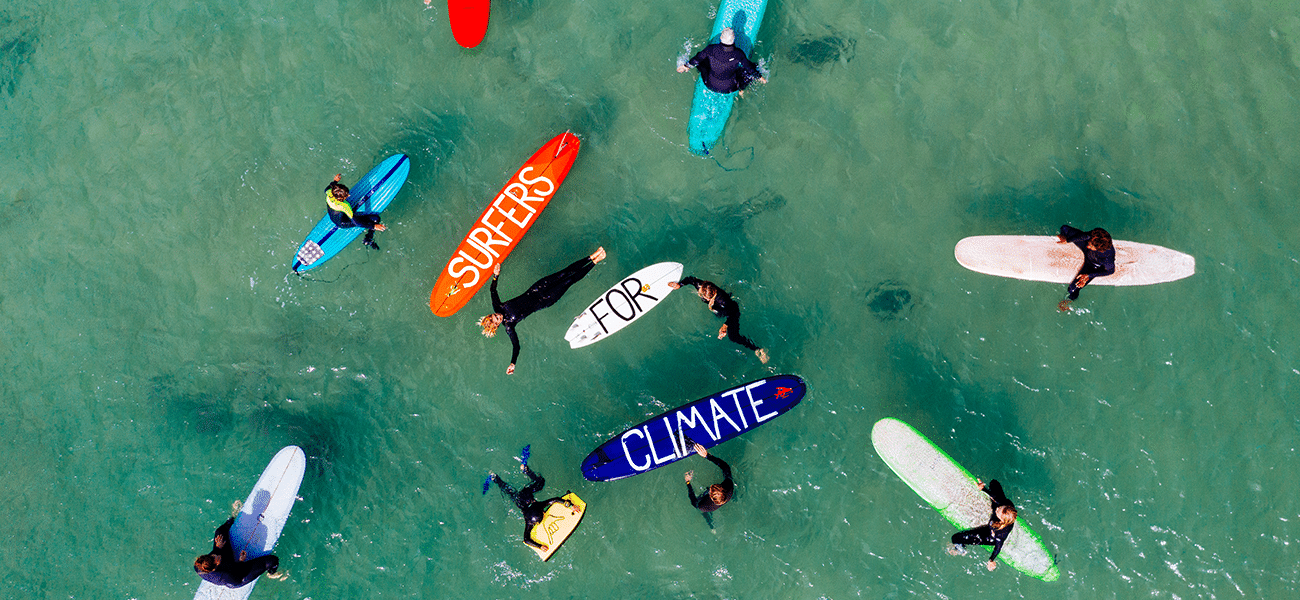Article by Karrkad Kanjdji Trust for International Day of Education 24 January 2024. Image credit Stacey Irving
The state of First Nations education
The Northern Territory has the lowest proportion of students meeting minimum standards for literacy and numeracy, and only around 40% of First Nations children here achieve Year 12 or equivalent. Sadly, Australia is failing to provide adequate education to First Nations children.
Homeland communities in West and Central Arnhem Land – the Aboriginal freehold estate located next to Kakadu National Park – are usually very remote and too small to qualify for full-time government education. At best, school may consist of one day fly-in/fly-out teaching per week and sometimes months of no teaching at all.
Elders are desperate to see the next generation being educated on their homelands, in both local Indigenous ecological knowledge and the Australian Curriculum, so they grow up strong in both worlds.
Community-led solutions
Karrkad Kanjdji Trust’s first ever project was to establish a bi-cultural independent school at the outstation of Kabulwarnamyo in the Warddeken Indigenous Protected Area so children here could access full-time education on their homelands for the first time.
This was the start of a movement for bi-cultural, on-Country education which involves early learners to high school students regularly spending time on Country with Elders, rangers, and community leaders. Contextually appropriate content can then be incorporated back into the Australian Curriculum, for an engaging and place-based school experience with proven results. It also supports families to return to their ancestral homelands and care for Country.
Today, Warddeken has three schools from early learning to high school, with average attendance rates of around 90% while children are in community, far eclipsing nearby townships and Territory averages. KKT also backs the award-winning Learning on Country program at Bulman school in Mimal, neighbour to Warddeken in the south.
Together, over 130 children now have access to meaningful bi-cultural education on Country thanks to the generous support of the KKT community.
What’s next?
Now, community leaders and Traditional Owners in the Djelk Indigenous Protected Area (IPA), Warddeken’s neighbour to the northeast and founding partner of KKT, have asked for support to establish their own independent schools. Access to education here was recently the focus of an exposé in The Australian, which argued that conditions violate human rights standards.
This is one of the most linguistically diverse places per capita in the world, but there is currently only one full-time public school across this entire 6,700 square kilometre IPA and its many remote outstations. This area is home to 102 clan estates and approximately 2,500 people.
In 2022, KKT supported a regional consultation process that led to Traditional Owners and senior community leaders establishing a new organisation, the Homeland School Company (HSC). Now, KKT and the Homeland School Company have a plan to bring full-time, bi-cultural, community-owned and independent schools to the Djelk homelands starting with three communities in three years.
If you’d like to know more about education in Djelk’s remote homelands and the new Homeland School Company, please get in touch.
WATCH AND READ
- VIDEO: Nawarddeken Academy – A Bright Future, the journey of school registration – by Nawarddeken Academy & Weave Films (8 minutes)
- VIDEO: ‘Human rights violation’: Inside Northern Territory’s shocking outback schools – by The Australian (2 minutes)
- ARTICLE: Scandal of the nation’s forgotten schoolkids – by The Australian (paywall)
- ARTICLE: NT Schools in Crisis – by The Australian (paywall)
- VIDEO: The independent school model held up as the way forward for remote Indigenous education – by ABC News (10 minutes)
- VIDEO: Walking on Country – the first Learning on Country hike – by Mimal Land Management (2.5 minutes)
- ARTICLE: Educating future custodians in the Djelk IPA – by KKT
FOLLOW AND SHARE

